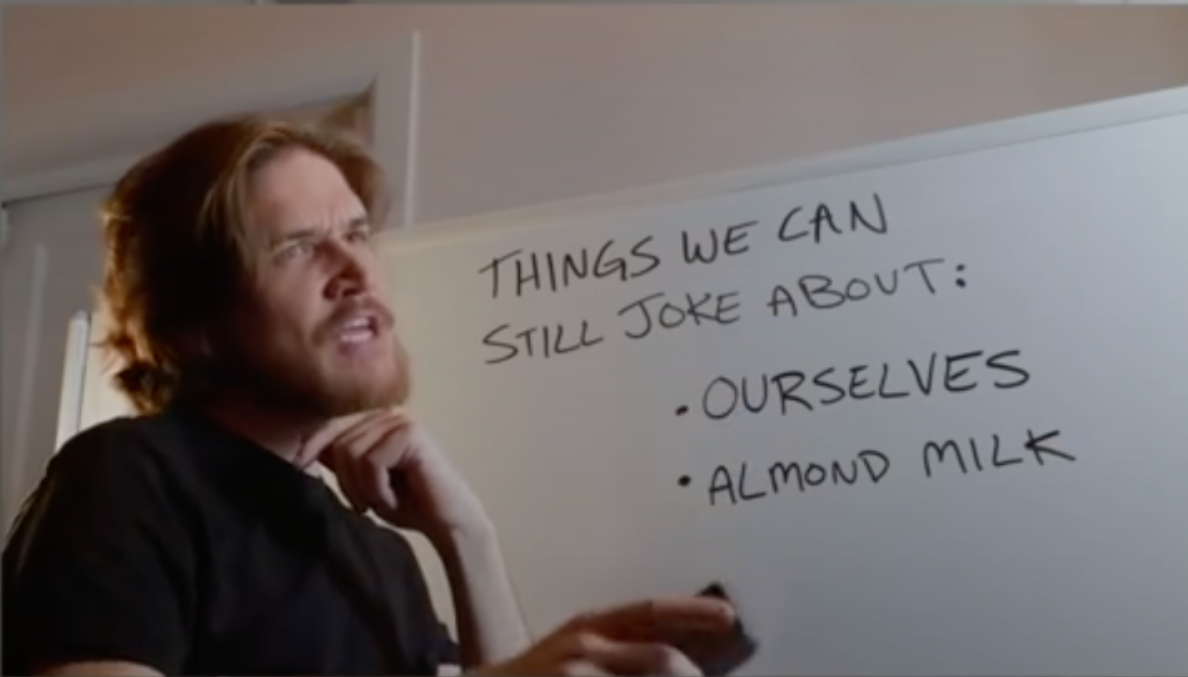

understanding where consciousness comes from
Again, to be clear, I don’t think this is a fundamentally scientific question.
If you show a philosopher how a rose activates the retina and sends signals to the brain, you’ll get a response like, “sure, but when I say the subjective experience of a rose, I mean what the mind does when it experiences a rose”…
If you show a philosopher the retinal signals activate the optical processing capabilities of the brain, you’ll get “sure, but when I say the subjective experience of a rose, I mean what the mind does when it experiences a rose”…
If you show a philosopher how the appearance of a rose consistently activates certain clusters of neurons and glial cells that are always activated when someone sees a rose, you’ll get a response “sure, but when I say the subjective experience of a rose, I mean what the mind does when it experiences a rose”…
Show the philosopher that the same region of the brain is excited when the person smells a rose or reads the word “rose”, and they’ll say, “sure, but when I say the subjective experience of a rose, I mean what the mind does when it experiences a rose”…
To the philosopher, they have posed a question about “what it’s like to experience a rose”, and I suggest that NO answer will satisfy them, because they’re not really asking a scientific question. They’re looking for, as the SEP puts it, an “intuitively satisfying way how phenomenal or ‘what it’s like’ consciousness might arise from physical or neural processes in the brain”. But, science isn’t under any obligation to provide an inituitive, easy-to-understand answer. The assemblage of brain & nerve functions that are fired when a living being experiences a phenomenon are the answer.

Mathematically? It’s a computer algorithm. Its output is deterministic, and both reproducible and traceable.
Give the AI two copies of its training dataset, one with the copyrighted work, one without it. Now give it the same prompt and compare the outputs.
The difference is the contribution of the copyrighted work.
You mention Harry Potter. In Warner Bros. Entertainment, Inc. v. RDR Books, Warner Brothers lawyers argued that a reference encyclopedia for the Harry Potter literary universe was a derivative work. The court disagreed, on the argument that the human authors of the reference book had to perform significant creative work in extracting, summarizing, indexing and organizing the information from JK Rowling’s original works.
I wonder if the court would use the same reasoning to defend the work of an AI?